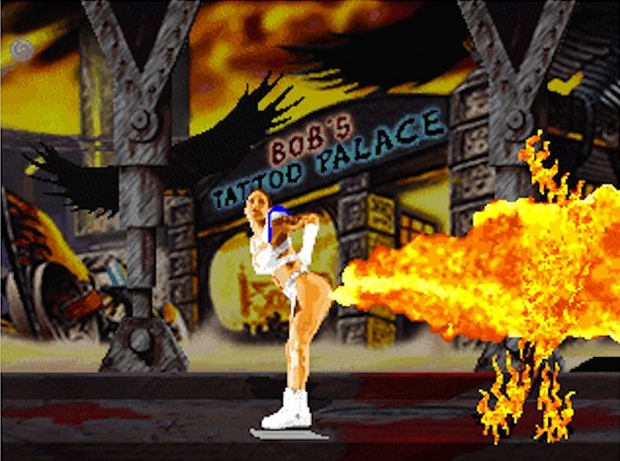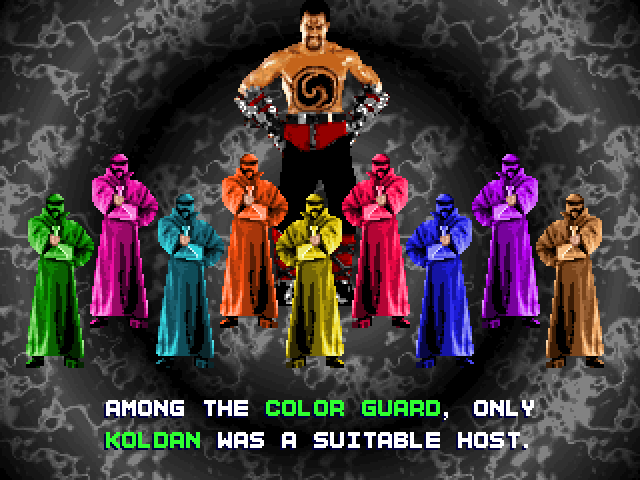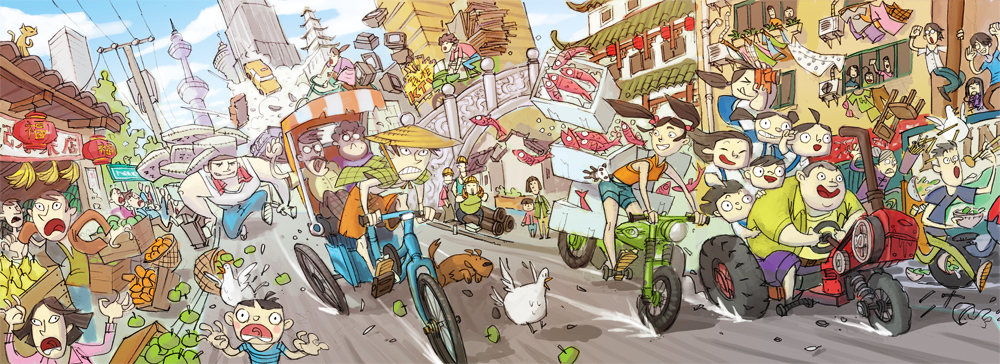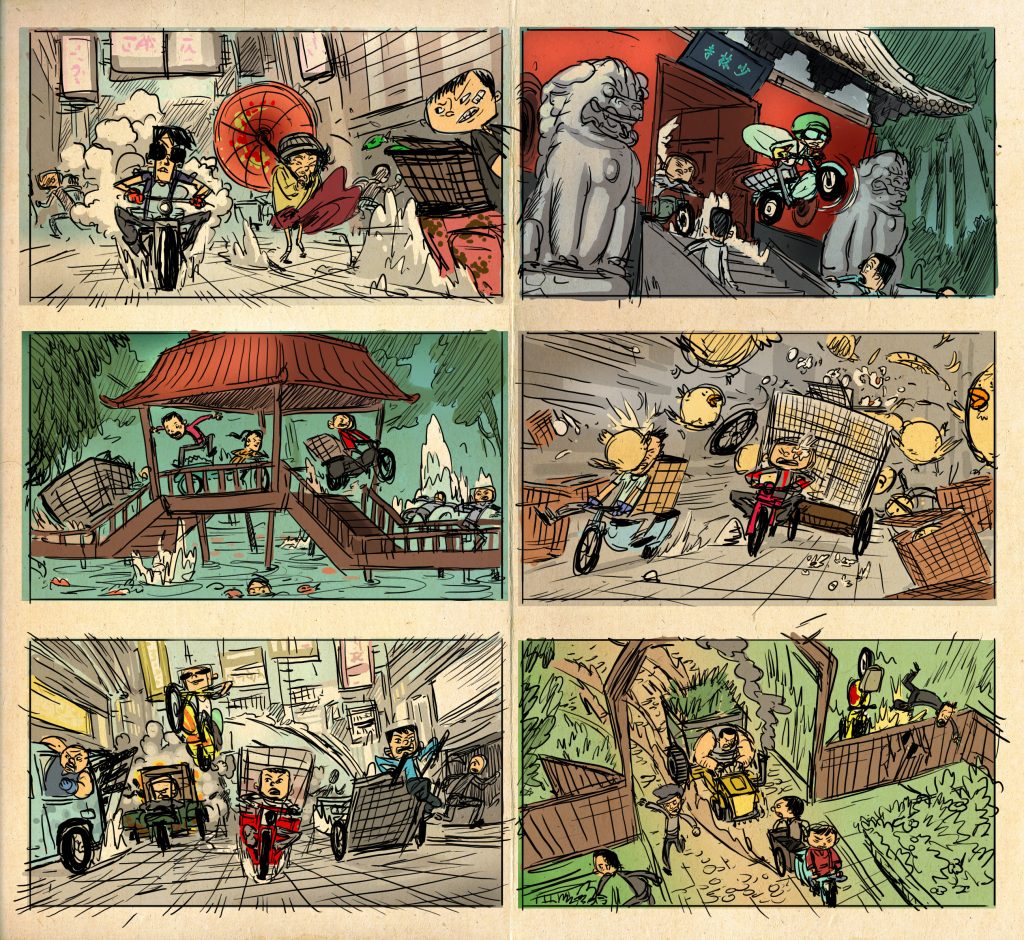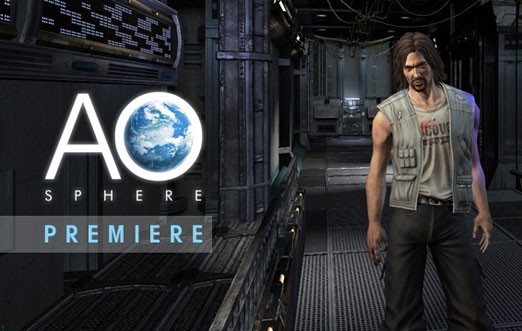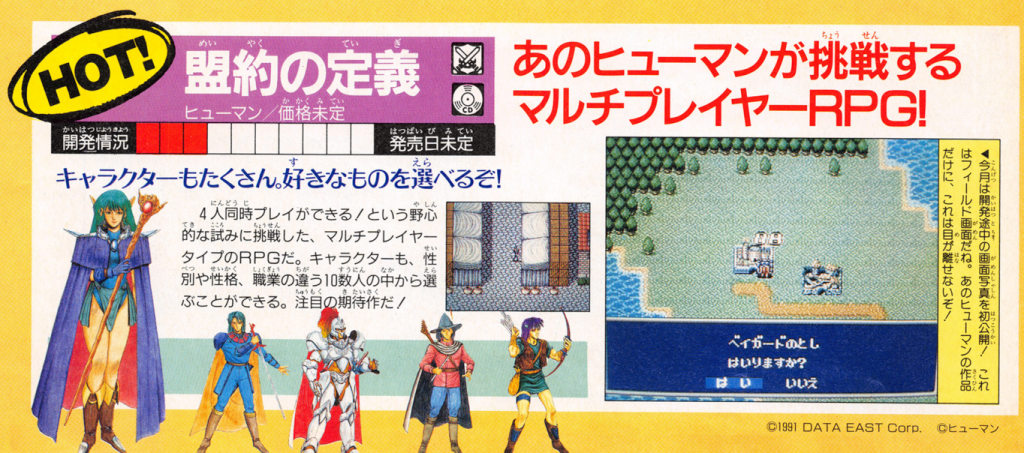Tattoo Assassins is an unreleased arcade fighting game that was developed by the pinball division of Data East in 1994 and 1995 with the intent of competing with the increasingly popular Mortal Kombat series. The game took inspiration from Mortal Kombat II in many ways, from its digitized-actor art style to its control scheme, sound design, and emphasis on violence. The general ethos of the game seemed to be “like Mortal Kombat cranked to 11,” and it advertised both in-game (via an attract mode screen) and to game publications of the time that it would feature “2,196 finishing moves.”
The project was led by Joe Kaminkow of Data East Pinball and featured a story written by Bob Gale, who was also the screenwriter behind Back to the Future. The general premise of the game involved a mystical ink that, when used in tattoos on certain individuals, would allow the bearer to manifest the illustrated tattoo into the physical world. An evil villain named Koldan (the game’s final boss) steals all of the ink with the goal of enslaving mankind, and the nine playable combatants in the game all possess the power to wield the ink’s magic in combat. These nine combatants fall under Koldan’s control, but a spiritual leader named Mullah Abba finds a way to grant you (the player) control over the fighter of your choosing in order to kill the others and stop Koldan from achieving his goals.
In-game story text from the attract mode:
‘And so it came to pass, that Mullah Abba, spiritual leader of the order of colours, discovered the ancient secret of the mystic Ink of Ghize. The Ink of Ghize is an amorphous fluid organism can form into real objects for brief moments when applied to human bodies as tattoos. However, the ink is only compatible with those of a certain unusual genetic makeup, those known as hosts. The ink can cause bizarre mutations in those who prove unsuitable… Among the color guard, only Koldan was a suitable host. Thus believing himself superior to all mankind, Koldan stole the secret of the ink. His goal is to create an army of mutants and enslave the human race. Mullah Abba commanded the nine remaining color guards to find new hosts for the Ink of Ghize, one of whom might be powerful enough to defeat Koldan. Nine hosts were found. Each received magnificent chest and arm tattoos, plus a magical morph tattoo on their palm. Yet Koldans power had grown stronger. His consciousness possessed the assassins. He would use them to find the remaining ink for himself! But all was not lost, for Mullah Abba discovered the strange power of the mysterious tattooed woman, Lyla Blue. By using Lyla as a channel, Mullah Abba has the power to allow you to possess any one assassin. Choose! Now, you must defeat each of the other assassins. Use your tattoos as weapons. Earn new tattoos. Destroy the mutants. Find Koldan and defeat the mutants — If you can!
At the time of Tattoo Assassins’ development, fighting games were proving to be incredibly popular in arcades. The likes of Street Fighter 2, Mortal Kombat II, Primal Rage, and Killer Instinct were all smash hits during this early-90’s arcade renaissance, and Data East Pinball was hoping to cash in on that momentum and stand out from the crowd by amplifying what they likely felt was the driving force behind Mortal Kombat II’s success: shock value.
The game features thousands of finishing moves, but not really. That number was most likely derived from the fact that every character shared the same pool of mostly nonsensical and often shoddily animated fatalities. Each character would have a small number of unique finishers that utilized their distinct tattoos to murder their opponents, but otherwise the rest were all shared among the cast and performed by inputting simple button combinations.
It wasn’t just fatalities that Tattoo Assassins prided itself on, however. It also featured moves that allowed the player to fart a stream of gaseous clouds at their opponent, a finishing move that involved ejecting a roast turkey on a plate from the character’s anus which would then bounce off of the opponent before multiplying into other turkeys on plates, and Nudalities that would magic away the opponent’s clothes and leave them naked and shivering while attempting to shield their genitals from view. Other crude moves involved vomiting on the opponent or assaulting them with flaming farts. The inclusion of Nudalities was a particularly direct nod to Mortal Kombat II since unfounded rumors persisted of their existence in that game throughout its run in arcades.
The game’s cancellation came sometime in 1995 before going into full production as a result of management issues, struggles among the development team to make deadlines, and poor feedback from play testers. It was to be Data East Pinball’s first foray into arcade game development, breaking from their pinball-only roots, but ultimately it didn’t come together as well as they’d hoped. While it never saw a full release, there were a handful of prototype PCB’s and arcade cabinets manufactured for use at trade shows and location tests. Unfortunately, many of those cabinets were either destroyed or lost to time, and only a few original cabinets are known to exist today. Two cabinets are currently housed at the Professional and Amateur Pinball Association (PAPA) in Scott Township, Pennsylvania. Additionally, the Galloping Ghost Arcade in Brookfield, Illinois acquired another one of these exceedingly rare cabinets in November of 2017 and is one of the only arcades where you can get your hands on the real deal.
The game did enjoy a good amount of coverage prior to its cancellation in the media, however. It was featured in a four-page preview in the April 1995 issue of EGM2 and reportedly even received a full review in Next Generation Magazine.
The ROM for the game’s unfinished state was eventually dumped and circulated online, and it can be played via arcade emulators such as MAME today. One version of the game that you may come across matches that found in the few remaining official cabinets, and it was near-complete despite suffering from unfinished sound design and some minor glitches throughout.
Article by Nolan Snoap
Images:
Videos:

